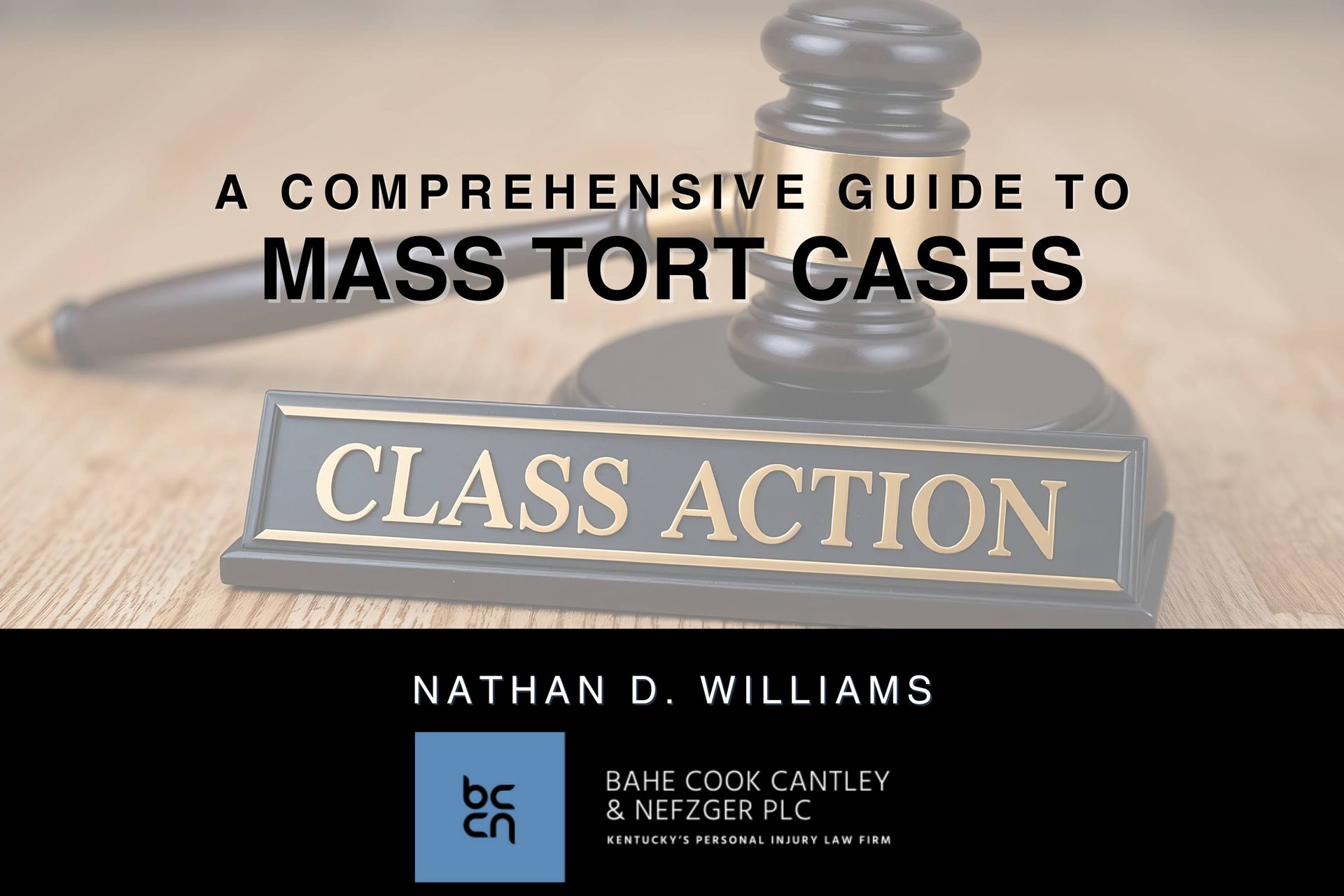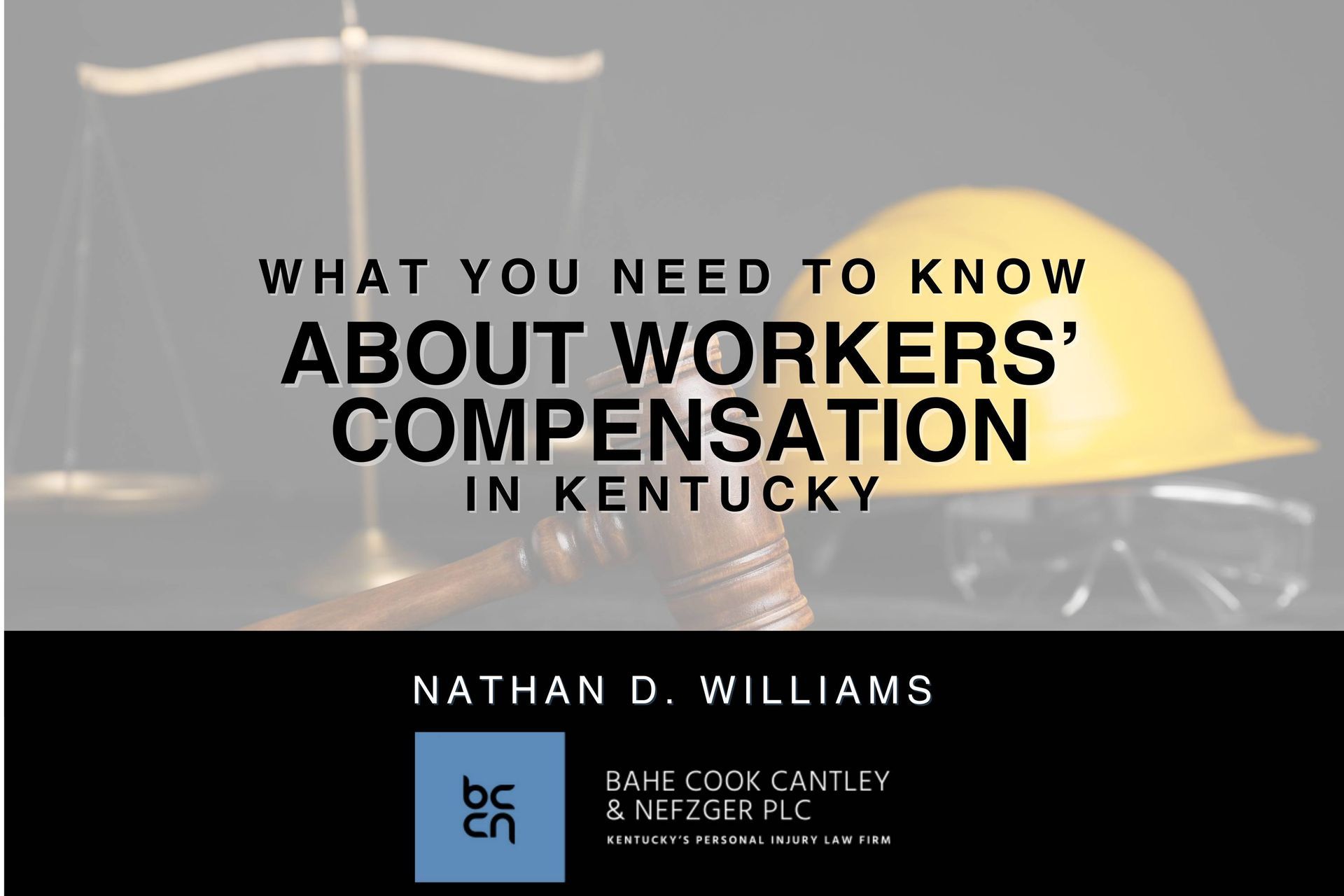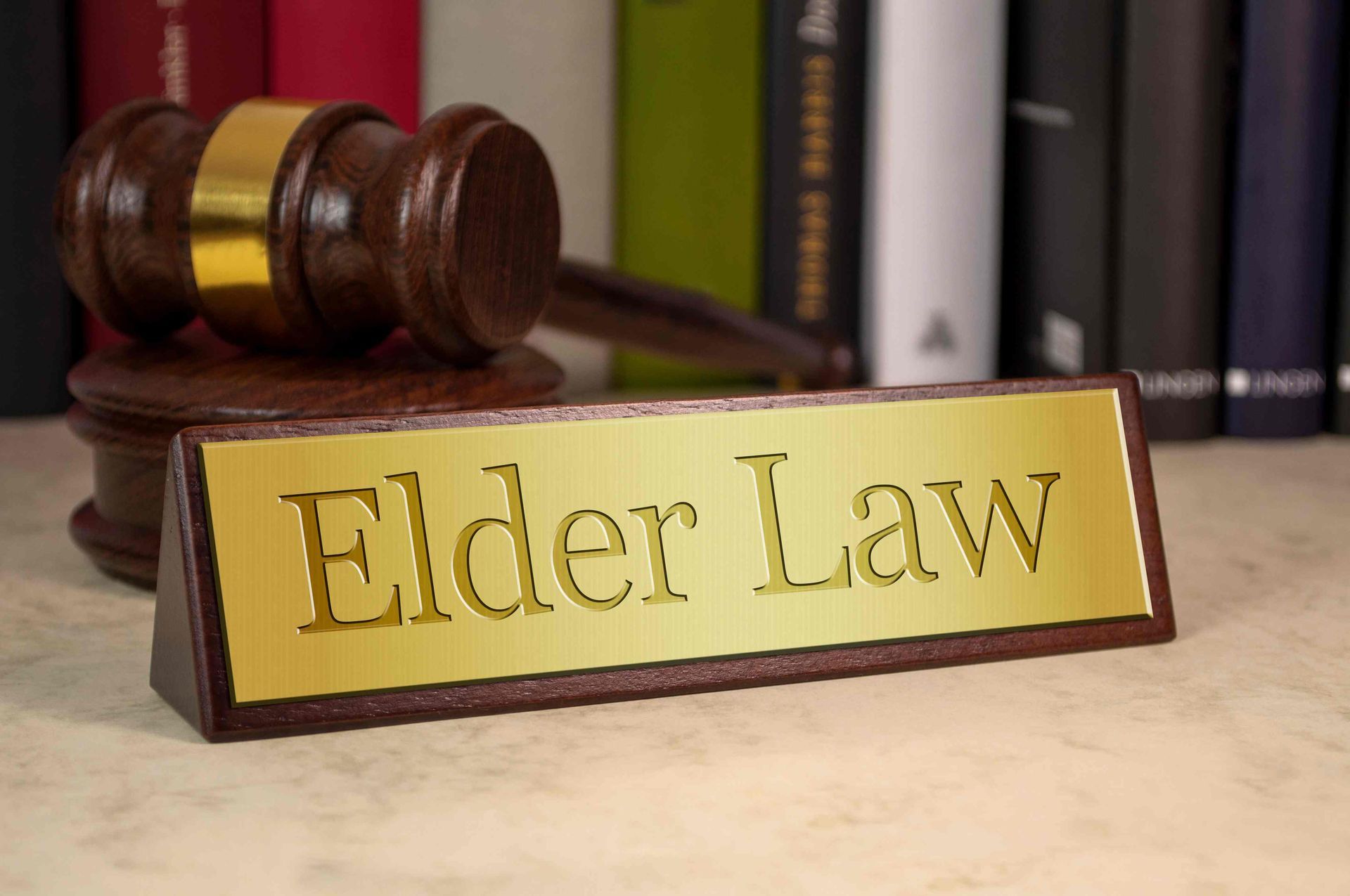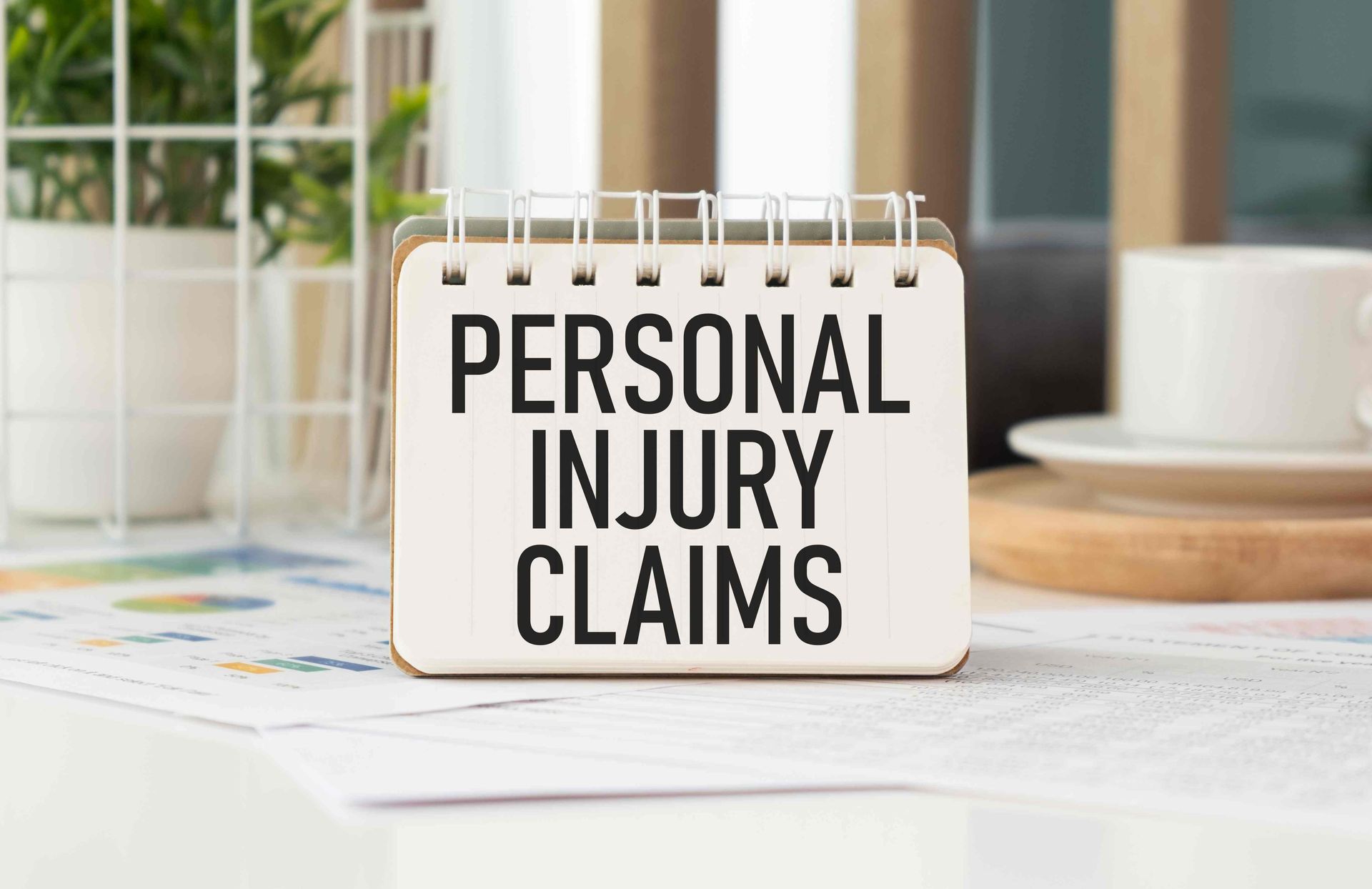How To Prove Bad Faith Insurance Claims
Insurance is your safety blanket. You pay a premium each month towards it, hoping that if something bad happens, it will help you recoup your expenses.
Unfortunately, it doesn’t always work that way.
Insurance is meant to make accidental loss manageable. While insurance companies are great at convincing customers to buy policies, they don’t always assess your claim honestly and fairly. If or when that happens, you can pursue a case against them.
Dealing with an adjuster is hardly pleasant as they always have a few tricks up their sleeves to reduce your claim or avoid paying for it. Experienced attorneys like Nathan D. Williams can show you how to prove insurance bad faith claims. With our help, you can recover suitable compensation for the damages you incurred.
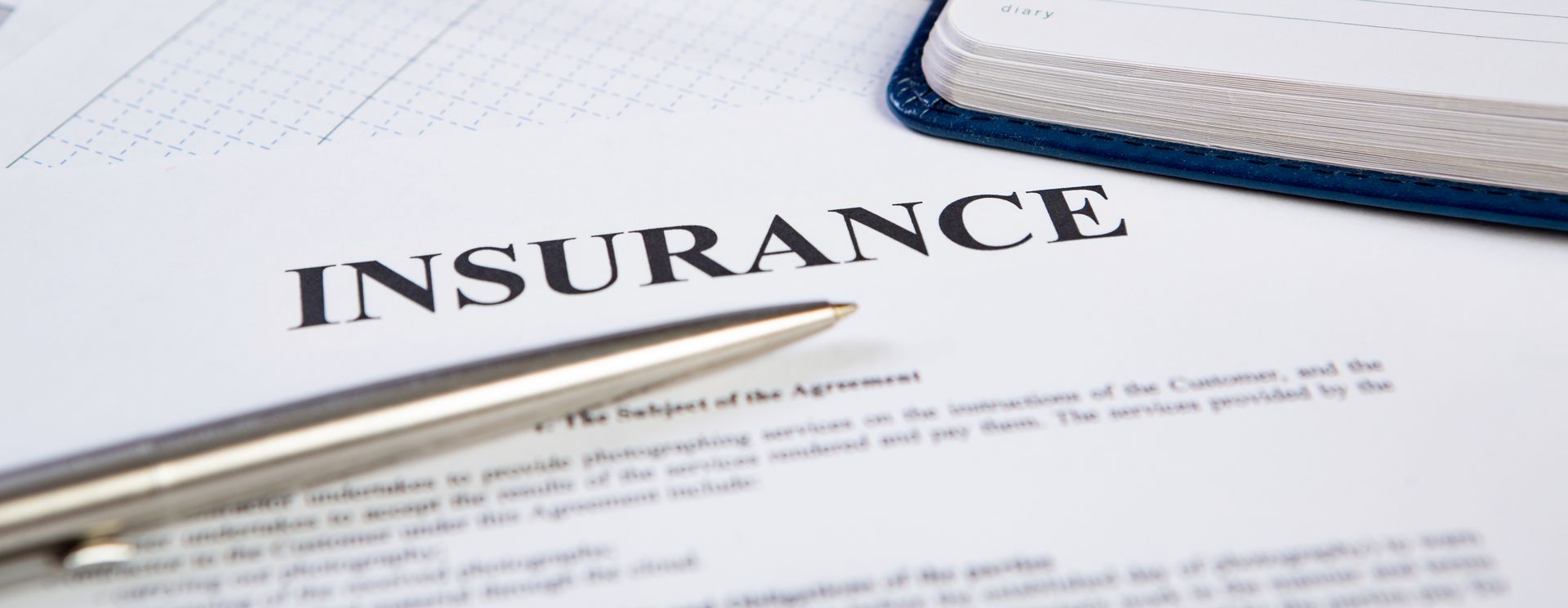
What Is Insurance Bad Faith?
Insurance is a legally binding contract that requires both parties to act in good faith but unfortunately, this isn’t always the case.
Hence, the Unfair Claims Settlement Practices Act of Kentucky outlines 17 instances of bad faith to help you understand exactly what it means when an insurance company fails to live up to an “implied promise of utmost good faith and fair dealing.”
Here are some instances of what constitutes bad faith:
- Conducting a biased investigation
- Threatening to appeal an arbitration award
- Denying claims without a legitimate reason
- Misrepresenting pertinent facts or policy revisions
- Failing to affirm or deny coverage with the insured
- Failing to disclose policy limitations and exclusions
- Refusing to consider any evidence suggesting a claim
- Making settlement claims without proper investigation
- Conducting a claims investigation with no real resolutions
- Refusing to pay a reasonable amount when liability is clear
- Making an unreasonably low settlement offer without justification
If you’re facing any of these issues, you’re well within your right to reject to pursue legal action. Consult a lawyer and file a bad faith insurance lawsuit to recover proper compensation for the damages and/or injuries you sustained.
How To Prove a Bad Faith Claim
While insurance contracts are based on good faith and fair dealing, adjusters are on the insurance company’s payroll. They often start with a lowball offer to avoid liability and ensure they pay less than they have to.
That means it’s tricky to know when they’re acting in bad faith.
So, how can you prove bad faith insurance?
Proving a bad faith claim can be challenging, but not impossible.
If you kept copies of your correspondence with the insurance company and documents detailing the losses and damages you incurred, you can prove that your insurer handled your claim unfairly. Beyond receiving fair compensation for your initial losses or damages, proving a bad faith claim can make you eligible for extracontractual damages. However, the extent of the compensation will be based on several factors, including state law.
In rare cases, the court may also award you punitive damages to punish the insurance company for misconduct and to discourage deliberate or reckless acts in the future. You may also get interest on the insurance money that was unjustifiably withheld.
But how do you know how much compensation you’re entitled to?
The language in contracts tends to be heavily nuanced so a lawyer with experience in bad faith claims can help you determine the right amount.
The Process of Filing a Bad Faith Claim
Having an insurance claim rejected is disheartening, but it doesn’t necessarily mean that you need to resign yourself to shouldering all the losses. There are multiple things you can do to seek coverage for an honest and valid claim.
- Review Your Policy
- Even if you’re in the habit of reviewing your insurance policy annually, do it again before you file a bad faith claim. Use your copy of the policy to ensure you’re covered under the terms of the contract. Also, review the terms and conditions as well as the inclusions and exclusions outlined before rejecting a settlement offer.
- Collect Evidence
- To prove a bad faith claim, you’ll need to produce evidence that’s relevant to your case. Some examples are:
- Invoices for medical care
- A copy of the policy you purchased
- Expert assessments and testimonies from witnesses
- Evaluation and validation of losses or damages
- Evidence of the insurance company’s corporate policies
- You’ll also need to show detailed and accurate records of your communication with the insurer, whether it’s emails, letters, meetings, phone transcripts, or phone call logs.
- Many bad faith cases involve misrepresentation or delays in communication, so keeping records will show that you acted appropriately and went through the necessary channels to file the claim.
- Document Denial of Claim
- Nearly 20% of all medical claims are denied, rejected, or underpaid. So, if your claim has been denied but you’re positive you have a case, submit it again. And again. Keep a copy of each rejection letter, including the specific reason for denial.
- Appeal the Denial
- Before you file a lawsuit against the insurance company, you must show you tried every possible way to settle the claim but weren’t successful.
- To illustrate this, you’ll need to appeal the claim with a written demand letter addressed to your adjuster. Provide all the necessary information about the compensation you’re asking for, including evidence of damages and your side of the story. Send it via certified mail and make sure to use a return receipt for proof.
- Outline your intention to pursue legal remedies if the issue is not resolved and payment is not made but stick to the facts, not threats.
- File a Complaint With Your State’s Insurance Department
- If your claim is repeatedly denied, you can file a complaint at the Department of Insurance in Kentucky. They’ll investigate the complaint and if they find evidence of malpractice, misrepresentation, or wrongdoing, they might take action and impose fines. However, they won’t fight your case for you and can’t force your insurer to issue a payment.
- Initiate a Lawsuit
- Typically, the insurance company will respond to the letter within 30 to 45 days.
- If they don’t, the ongoing delay can be indicative of bad faith so you can go ahead and file a lawsuit. It’s important to work with a lawyer at this point as the insurer will undoubtedly have a team of lawyers to represent them.
Why Is a Lawyer Needed for Bad Faith Insurance Lawsuits?
Filing a bad faith insurance claim and knowing how to prove bad faith insurance is not light work. It requires a great deal of research, documentation, and attention to detail.
Lawyers at Bahe Cook Cantley & Nefzger can evaluate your case to assess your standing, negotiate with the insurer to reach a settlement, and help you determine whether it’s worth filing a lawsuit. If there is sufficient basis to pursue legal action, we can help you recover maximum compensation.
Our experience and expertise in bad faith insurance claims enable us to represent your interests and defend your rights.
Start with a free consultation.



